Best Vertigo Treatment in Gurugram

Vertigo is a sensation of dizziness or spinning that can affect balance and coordination, making everyday tasks challenging. It often results from inner ear issues, vestibular disorders, cervical spine misalignment, or nervous system dysfunction. At Painflame, we offer specialized vertigo treatment in Gurugram, using non-invasive, drug-free techniques to restore balance and improve stability.
Vertigo can be triggered by inner ear infections, Meniere’s disease, vestibular migraines, cervical spine misalignment, or poor blood circulation. If left untreated, it can lead to frequent falls, motion sickness, nausea, and reduced quality of life. Early diagnosis and treatment are essential to prevent complications and long-term discomfort.
Our treatment approach includes vestibular rehabilitation therapy (VRT), chiropractic care, physiotherapy, manual therapy, and balance training, focusing on addressing the root cause rather than just symptom relief. By improving inner ear function, spinal alignment, and body coordination, we help patients regain confidence and reduce dizziness episodes.
If you experience frequent dizziness, imbalance, or motion sensitivity, our specialists can create a personalized vertigo treatment plan to restore your balance and enhance your quality of life.
Common Causes of Vertigo
Inner Ear Disorders
Issues like Benign Paroxysmal Positional Vertigo (BPPV), Meniere’s disease, and vestibular neuritis can disrupt the inner ear’s ability to regulate balance, causing dizziness and spinning sensations.
Cervical Spine Misalignment
Neck injuries, poor posture, or cervical spondylosis can compress nerves and affect blood flow to the brain, leading to dizziness, neck stiffness, and vertigo-like symptoms.
Vestibular Migraines
Migraines affecting the vestibular system can trigger dizziness, nausea, and sensitivity to movement. They often occur with or without headache pain and are linked to neurological imbalances.
Low Blood Pressure and Circulation Issues
Sudden drops in blood pressure, dehydration, anemia, or poor circulation can cause dizziness and fainting. Maintaining a balanced diet and hydration helps prevent vertigo episodes.
Signs You Need Professional Treatment for Vertigo
While occasional dizziness is common, persistent vertigo may indicate an underlying condition. Seeking expert care is essential if you experience.
Common Symptoms of Vertigo
- Frequent or prolonged dizziness lasting more than a few minutes
- Spinning sensations that worsen with movement or position changes
- Balance problems leading to unsteadiness or falls
- Nausea, vomiting, or difficulty focusing during vertigo episodes
- Neck pain, stiffness, or headaches associated with dizziness
Ignoring these symptoms can lead to increased fall risk, chronic instability, and reduced daily function. Consulting a vertigo specialist in Gurugram can help identify the root cause and provide the right treatment.


Effective Vertigo Treatment at Painflame
Finding the right vertigo treatment is crucial for long-term balance and stability. At Painflame, we use scientifically proven, non-surgical treatments to improve vestibular function, posture, and blood circulation.
Our Vertigo Treatment Methods
- Vestibular Rehabilitation Therapy (VRT) – Improves balance, reduces dizziness, and strengthens the inner ear's response to movement.
- Chiropractic Adjustments – Corrects spinal misalignment and enhances blood flow to the brain, reducing dizziness and improving nerve function.
- Physiotherapy & Balance Training – Strengthens the muscles and coordination needed for stability and movement control.
- Manual Therapy for Neck Pain – Reduces muscle tension and cervical vertigo caused by poor posture or past injuries.
- Lifestyle Modifications & Ergonomic Advice – Helps patients avoid triggers like sudden head movements, dehydration, and stress.
At Painflame, we provide customized treatment plans to ensure safe and long-term relief from vertigo. Book an appointment today to regain balance, confidence, and a vertigo-free life.
How to Prevent Vertigo
Preventing vertigo involves lifestyle changes, balance exercises, and proper hydration. By improving posture, reducing stress, and strengthening the inner ear, you can lower your risk of dizziness.
Tips for Managing and Preventing Vertigo
Stay Hydrated
Dehydration can lower blood pressure and cause dizziness. Drink 8–10 glasses of water daily.
Improve Posture & Neck Health
Maintain proper spine alignment while sitting, working, and sleeping. Avoid sudden neck movements.
Practice Balance Exercises
Activities like yoga, tai chi, and vestibular exercises help improve stability and coordination.
Limit Caffeine & Alcohol
Excessive stimulants can affect circulation and trigger vertigo episodes.

Frequently Asked Questions
What are the most common causes of vertigo?
Vertigo is often caused by inner ear disorders (BPPV, Meniere’s disease), cervical misalignment, vestibular migraines, low blood pressure, and poor circulation.
How do I know if I need treatment for vertigo?
If you experience frequent dizziness, loss of balance, spinning sensations, nausea, or neck pain, you should consult a vertigo specialist to determine the underlying cause.
What are the best non-surgical treatments for vertigo?
Effective treatments include vestibular rehabilitation therapy, chiropractic care, physiotherapy, manual therapy, and lifestyle modifications to restore balance naturally.
Can posture issues cause vertigo?
Yes, poor neck posture and cervical misalignment can affect blood flow and nerve function, leading to cervicogenic vertigo. Chiropractic adjustments help correct this.
How can I prevent vertigo naturally?
To reduce vertigo, stay hydrated, maintain good posture, avoid sudden head movements, practice balance exercises, and limit caffeine and alcohol intake.

